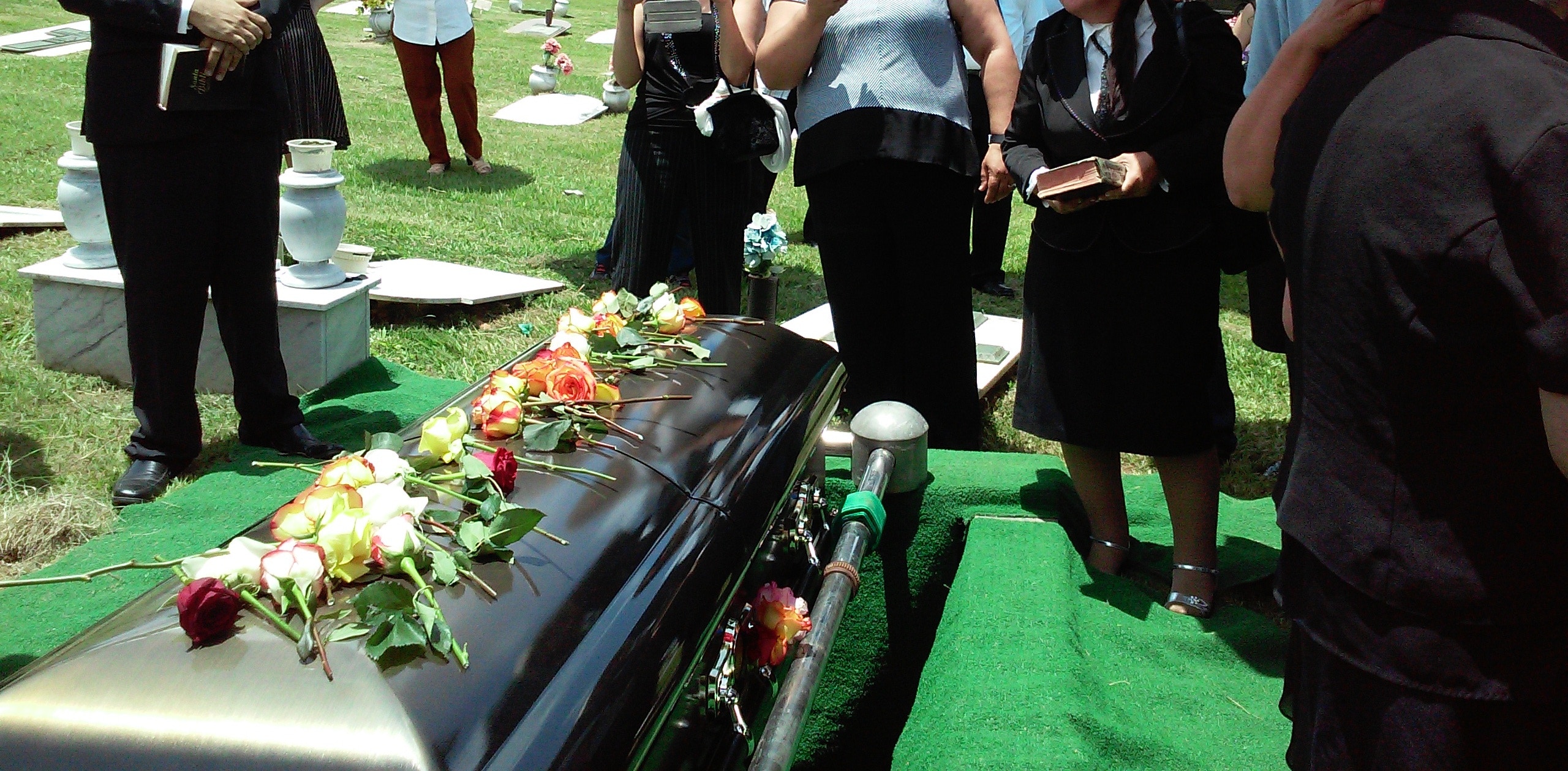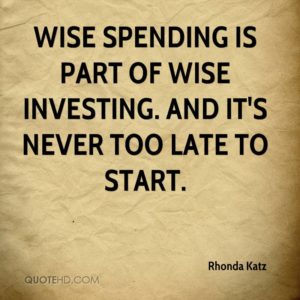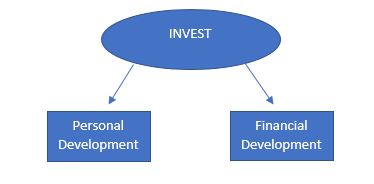Specialized Knowledge
The next section in Think and Grow Rich is about specialized knowledge. Specialized knowledge is different from the knowledge that you learned in traditional schooling which Hill calls general knowledge. I will go over the differences between the two below.
“When am I ever going to use Calculus?”

General knowledge pertains to the majority of information taught at universities. Schools expose you to a very rushed and surface level “understanding” of information but generally, don’t know present enough about the subject to do anything useful. (As a disclaimer, I am not putting down schools as they do serve a purpose but I do not believe they are the end all be all for education).
If the saying “Knowledge is power” is true, college professors should be among the nation’s highest paid professions, By looking at our college campus and faculty payrolls, we see that this is typically not the case. As Napoleon Hill states, “General knowledge, no matter how great the quantity or variety it may be, is of but little use in the accumulation of money.” After looking at this statement, you make think all your learning is a waste if it doesn’t lead to riches. I will be disproving this concept by shifting your desired knowledge from being wide to being deep.
“I know a lot about a little”

How cool and interesting would it be to a lot about a wide variety of subjects? Regardless of the conversation, we could always chime in with our tidbit or insights that would leave our listeners floored. Sadly, this is not the case. I’m not saying that you can’t be well versed in more that one area but I am saying that wealth favors depth of knowledge over breadth of knowledge.
Deep knowledge leads to specialization which means you are an expert amongst your customer base about a particular topic. This specialization monetizable because while anyone could spend the time to know about a particular topic as much as you do, they may want to devote their time to a different activity. By paying you, they are rewarding you for the time you spent practicing, studying and becoming more proficient at whatever task you are presenting for sale. Consequently, you can cut your learning time drastically by paying someone else for their knowledge and expertise.
“It pays to know how to purchase knowledge,” is a section in the chapter about specialized knowledge. Never be scared to pay for information is you know you need it but don’t have enough time to learn effectively yourself. The time you save could lead to a significant profit later in life.
Have smart friends

This is where knowing the right people comes in handy.
Here’s a secret to success: You don’t have to know everything, you just have to know the people who do. Management is about the movement of people not the direction of things. If you can learn to place people in the best position for them to succeed, you can leverage their talents to obtain success.
I know the word “leverage” sounds like you are using people but it’s actually a good thing. When you put people in the best place for them to succeed you are actually helping them become successful and gain notoriety. If you can do this successfully, you will gain fame because you know how to make the others around you better. This is the definition of effective leadership.
“QQS” Formula
The last topic we will tackle in this chapter we will tackle from this chapter is your personal QQS Rating. QQS stands for Quality, Quantity, and Spirit. Hill emphasizes this point emphatically stating, “The quality and the quantity of service rendered, and the spirit in which it is rendered, determine to a large extent, the price, and the duration of employment.”
This is may be different from what you were taught initially. WHAT you do is not more important than HOW you do it. But what do each of these characteristics mean and how can you apply them? I will reiterate Hill’s words and my analysis will be under each paragraph.
Quality
“QUALITY of service shall be construed to mean the performance of every detail, in connection with your position, in the most efficient manner possible, with the object of greater efficiency always in mind.”
This means we should always provide as much value or service to the person we are helping. We should also complete out work in a timely manner without sacrificing the end product.
Quantity
“QUANTITY of service shall be understood to mean the HABIT of rendering all the service of which you are capable, at all times, with the purpose of increasing the amount of service rendered as greater skill is developed through practice and experience. Emphasis is again placed on the word HABIT.”
We must never skimp in our service or give a customer less than our best effort. We should also increase the amount of service we give each time we are working. Each iteration of our product or service must be better. Give your best so many times that it becomes a habit that you don’t have to actively think about.
Service
“SPIRIT of service shall be construed to mean the HABIT of agreeable, armonious conduct which will induce cooperation from associates and fellow employees.”
No one cares how good your product is if you continuously have a bad attitude about performing or act as if doing a service is an inconvenience to you. People want to feel important and by making them feel welcome and providing exemplary service, you will gain a customer for life that will refer other people to you.
Conclusion
Hill’s chapter on organized Knowledge is effective at teaching us the difference between General and Organized knowledge, the importance of getting the right people around you and being a good leader, and that HOW we perform a service takes precedence over WHAT service we provide. By carrying out these points, we can better monetize the knowledge we already possess in a more effective manner.
Thanks
Decide to be Great today
Matthew









